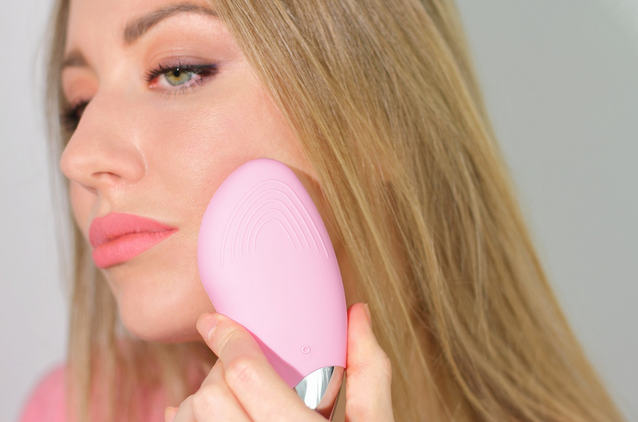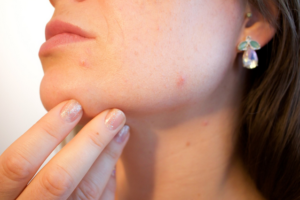Are you tired of dealing with acne scars? These pesky marks can be frustrating to deal with and can affect our confidence. Acne scar treatment is a great option for people who are suffering from acne scarring and want them gone. While there are treatments, it’s still important to understand what triggers them in the first place. Here, we’ll explore some common causes of acne scarring so that you can take steps towards preventing future breakouts and reducing the appearance of any existing scars.
Hormonal Imbalances
Hormonal imbalances are a major culprit when it comes to acne scarring. This is especially true for teenagers and women who experience hormonal changes during puberty, pregnancy, or menopause. When our hormones fluctuate, they can produce excess oil in our skin’s sebaceous glands. This overproduction of oil clogs pores and creates an environment that is conducive to the growth of harmful bacteria. As a result, we may experience breakouts that can lead to acne scars. Additionally, some hormonal imbalances in women can lead to polycystic ovary syndrome (PCOS), which also increases the likelihood of developing acne and scarring.
Overwashing

Overwashing is one of the common triggers that can lead to acne scarring. While it might seem counterintuitive, washing your face too often can strip away natural oils and disrupt the balance of good bacteria on your skin. When you wash your face too frequently or aggressively, you can cause micro-tears in the skin that make it more susceptible to infection and inflammation. This can lead to the formation of pimples and other types of blemishes that are more likely to leave behind scars. In addition to overwashing, using harsh or abrasive cleansers can also contribute to acne scarring. These products may contain ingredients like salicylic acid or benzoyl peroxide that are effective at treating breakouts but can be irritating if used excessively.
Inflammation and Stress
 Inflammation and stress are two common triggers of acne scarring. When the body experiences inflammation, it sends out white blood cells to fight off infection or injury. However, this response can also lead to damage to healthy tissue. Stress is another trigger for acne scarring as it can cause hormonal changes that increase oil production in the skin, leading to clogged pores and breakouts. In addition, stress weakens the immune system, which makes it harder for your body to heal from any existing acne scars. When dealing with inflammation and stress-related acne scarring, there are several things you can do.
Inflammation and stress are two common triggers of acne scarring. When the body experiences inflammation, it sends out white blood cells to fight off infection or injury. However, this response can also lead to damage to healthy tissue. Stress is another trigger for acne scarring as it can cause hormonal changes that increase oil production in the skin, leading to clogged pores and breakouts. In addition, stress weakens the immune system, which makes it harder for your body to heal from any existing acne scars. When dealing with inflammation and stress-related acne scarring, there are several things you can do.
Acne scarring is a common problem that affects many people. While some scars may fade over time without treatment, others can become permanent and more noticeable. Understanding the common triggers of acne scarring can help you take preventative measures to avoid them. Hormonal imbalances, overwashing, inflammation, and stress are all factors that can contribute to the development of acne scars. Remember that everyone’s skin is unique, and different things work for different people. What works for someone else might not work for you – so it’s always essential to consult with a dermatologist before trying any new treatments or remedies. With patience and persistence in finding what works best for your skin type, treating acne scars can become an achievable goal.
